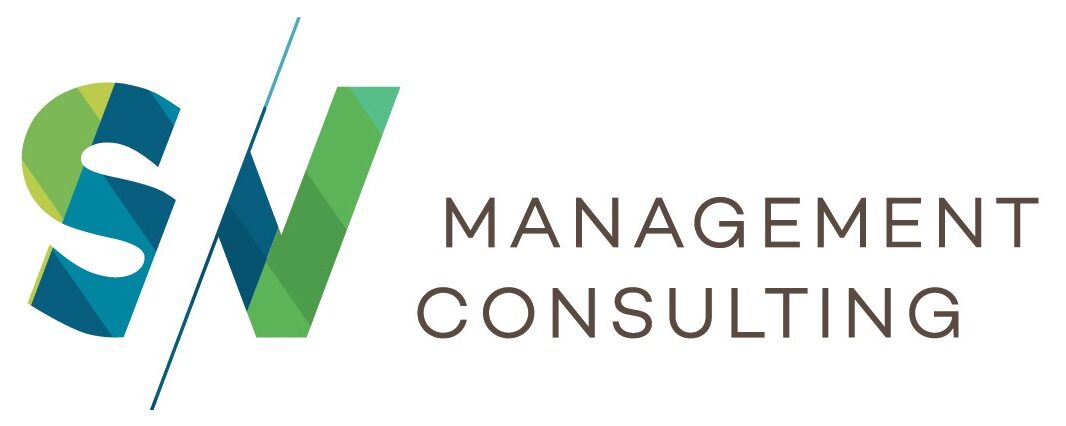
Year-end is a time of reflection. For senior leaders, it marks a period of organizational review with checks and balances. The goal is to develop a game plan and growth strategy for the year ahead. It is also the time to consider one’s own performance.
Taking a leadership inventory and self-assessment empowers you to ask yourself, “Where did I excel?” and “Where did I struggle?” This is a helpful tool in identifying opportunities for professional development and personal growth in the year ahead.
Following a personal assessment, or performance review, external coaching is often a resource offered to executives — especially in the New Year. But some leaders balk at the thought of coaching. There is a fallacy associated with guided, structured development: External Coaching is only used for leaders who are in trouble. A kneejerk reaction is to think, “What am I doing wrong?” and “Why do I need a coach?” Sometimes fear and anxiety set in, which are enemies of improvement.
The truth is that coaching is a gift.
Investing in You
Companies that offer coaching professionals and programs to executives do so as an investment. They believe in you, value your assets, and want to build your leadership capabilities to help you grow as an individual while advancing organizational success. This is done to fine-tune high-performing leaders.
Another truth is that ALL leaders benefit from continuous improvement. If you are not learning, you are not effectively leading.
External coaching provides a wealth of knowledge, insight, and experience. It helps to identify hidden issues that may be critical to improving performance and moving beyond roadblocks. External coaches are valuable because they guide you to unbiased growth. They are not affected by organizational or internal politics and can approach the relationship with objectivity and confidentiality, giving you a safe soundboard to success. They also hold you accountable, which is critical to growth.

The Benefits of External Coaching
Coaches help accelerate leadership performance with a focus on the right tools to improve efficiency, productivity, and effectiveness. They also help raise emotional awareness which, believe it or not, is a critical business skill. Like coaching in sports, leaders need time to practice their skills and test new ways of doing things. In the Leadership Practices Inventory, the capabilities assessed showcase the importance of building hard and soft skills, as well as the confidence to elevate the entire organization:
- Model The Way
- Inspire a Shared Vision
- Challenge the Process
- Enable others to Act
- Encourage from the Heart
Becoming a leader who scores high in all of these areas is no easy task. That is why Fortune 500 companies invest an estimated $89 billion in leadership development, as reported by Forbes. Leading organizations understand the importance of coaching to retain employees and grow talent to elevate the entire organization and improve ROI.
Coaching vs. Training
Many organizations offer employee programs that include team building, upskilling, mentorship, and so on. However, these programs are sometimes top-down or online courses with a one-and-done approach without measured results. One-on-one coaching is different. A typical coaching relationship extends over six months to a year allowing for leaders to truly immerse themselves in the work, dig deep into the insights and values, and build self-awareness and emotional intelligence (EQ) to truly shift their behaviors, resolve challenges, and achieve success. Raising EQ helps executives understand their leadership style and how they can better collaborate with peers and employees, gaining momentum for organization-wide success.
Authentic Leadership and the Importance of Heart
Coaching and nurturing leaders have an invaluable ripple effect: employee retention. Retaining top talent is becoming more and more difficult in the workplace. Over the past three years, employees have reprioritized what matters most in their lives. They want leaders who inspire and a culture that truly puts people first.
Leaders with high levels of emotional intelligence, self-awareness, and empathy exude authenticity. Emotional Leadership includes the ability to understand, manage, and influence the emotions and moods of your entire team. This is one of the most sought-after interpersonal skills in the workplace. Authentic leadership requires the practice of self-awareness and transparently, expressing how you are feeling to others. This has become even more difficult with remote and hybrid work, and leaders need to pay special attention to how they can make a difference for others, can be of service, and stay connected with their teams. External Coaching focuses on authentic leadership as a top priority to develop self-awareness in leaders, as well as the ability to understand how others perceive them.
The Gift of Coaching
Instead of delivering a mandatory top-down program on over-stretched employees, coaching empowers people to develop their own solutions to issues and goals. The right coach can energize leaders and showcase the wins while addressing roadblocks and providing motivation and drive. Leaders gain a fresh perspective, enhanced communication skills, and the ability to identify weaknesses and strengths. Coaching also helps establish stronger connections, set clear goals, and increase job satisfaction. It provides a path to nurturing empowered teams and improving performance, which enhances the bottom line. External coaching is truly a gift to the individual, the team, and the organization.
Give the gift of coaching to yourself or a leader in your company!


